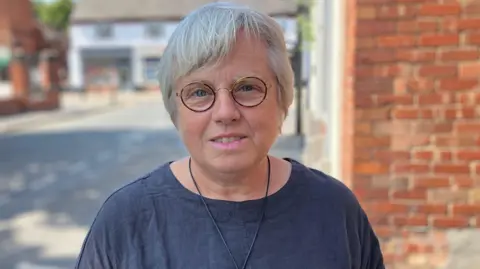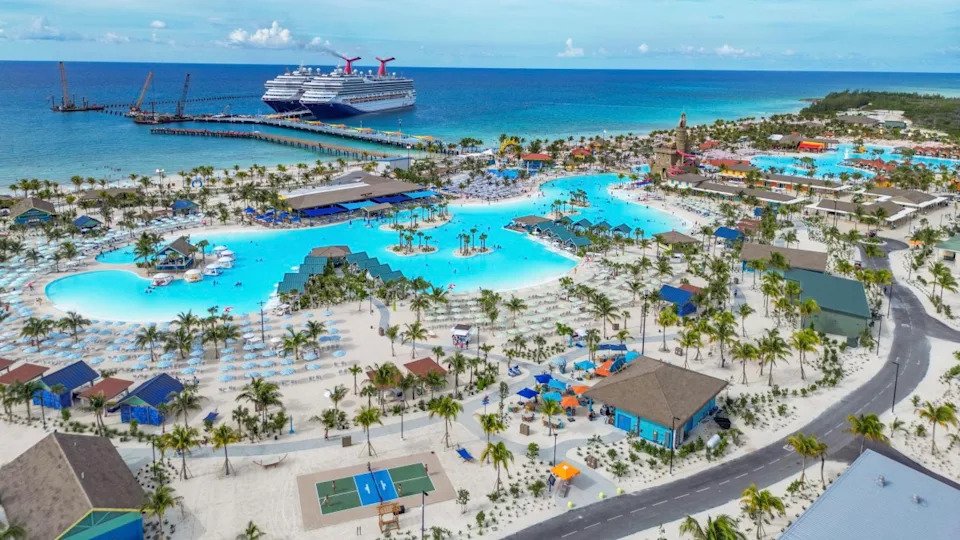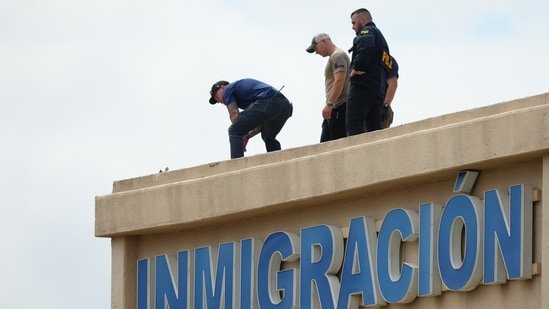Adam GreenBBC Radio Shropshire and
Rob Triggin Shropshire

 BBC
BBCCouncillors in Shropshire have rejected a proposal to have their pay rise cancelled.
All 74 councillors receive an allowance of about £14,500, which is due to increase by about £460 in 2026.
The Labour group leader Rosemary Dartnall said stopping the 3.2% rise would save the council about £44,500 a year.
But most elected members at a full council meeting on Thursday said the money was already below inflation and considerably lower than minimum wage.
It comes in the wake of calls from a group of politicians to freeze the increase to help prevent the local authority from going bust.
The Labour group on Shropshire Council and its leader were behind the call.
And while the council needs to save, it is a relatively small percentage of the tens of millions of pounds bosses say the council needs to prevent it from running out of money.
“Shropshire Council has been rolling forward to this financial crisis for a number of years, during which jobs have been under threat and we’ve lost council staff,” Dartnall said.
‘Tone deaf’
“Obviously there have been a number of redundancies, and staff have had to work under a bad morale position where they could lose their job at any time.”
She said the authority’s new Liberal Democrat administration had declared a financial emergency and that it felt “tone deaf” to take an increase in allowance.
“We all knew this was coming, but this is crunch point – the chips are down, we’ve got to cut every penny that we can cut,” Dartnall said.
She added that it was a “necessary sacrifice”.
“We are the decision-making body for the council, so it just seems completely wrong to take that rise when we could actually decide to refuse it, just this year,” she added.
Other ways to avoid the council running out of money could include savings from services it contracted out, as well as reducing the number of agency staff it hires, Dartnall said.
Councillors do not receive a salary, instead they are each given an allowance.
Some of them rely on this income more than others, and, as costs and bills continue to rise – with inflation at 3.8% in August – freezing the allowance would mean a real terms reduction.





